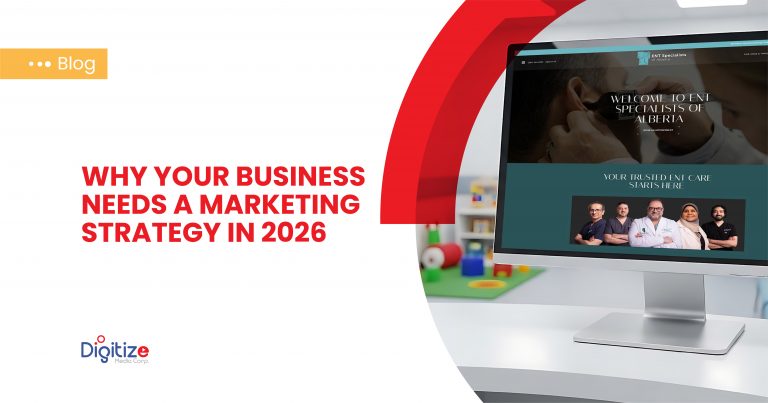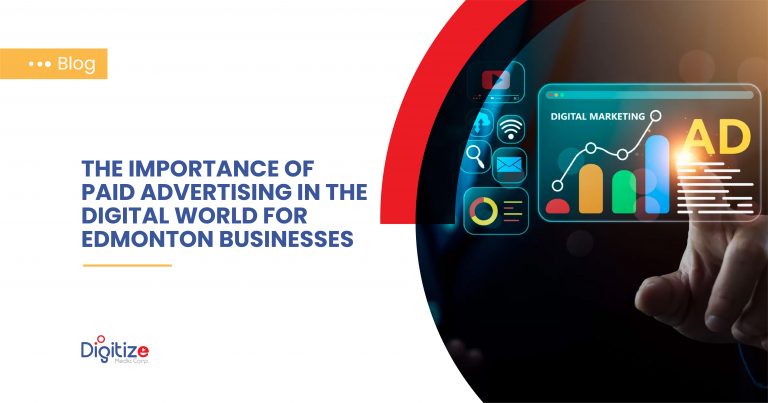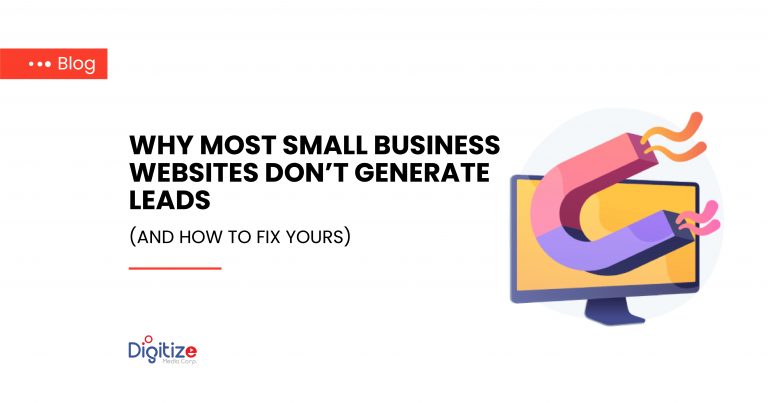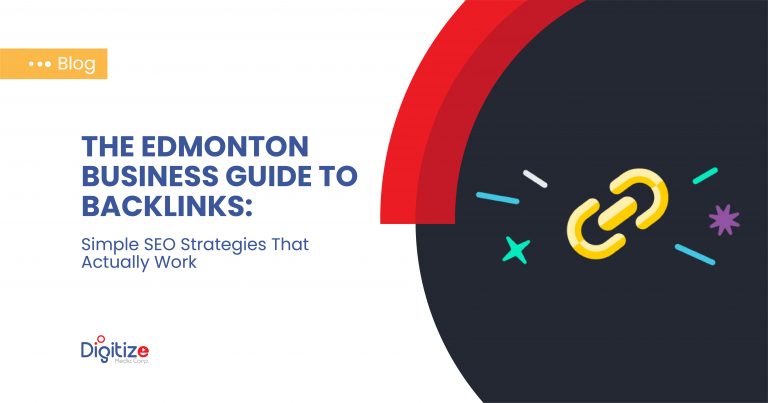In today’s digital age, having a strong online presence is not just a luxury; it’s a necessity for small businesses aiming to thrive in a competitive market. A well-designed website serves as a powerful tool that can unlock significant growth opportunities and expand the reach of your business. Let’s delve into why every small business needs a website.
1. Establishing Credibility
A professionally designed website lends credibility to your business. It acts as a virtual storefront, providing potential customers with a glimpse into your products or services, business values, and contact information. In a world where consumers rely heavily on online research before making purchasing decisions, a well-crafted website can instill trust and confidence in your brand.
2. Expanding Reach
Unlike a physical store with limited geographic reach, a website allows your business to reach a global audience 24/7. With the right SEO strategies in place, your website can attract organic traffic from search engines, ensuring that your business is discoverable by potential customers searching for products or services you offer.
3. Showcasing Products and Services
Your website serves as a platform to showcase your offerings in a visually appealing and informative manner. High-quality images, detailed product descriptions, and customer testimonials can effectively communicate the value of your products or services, enticing visitors to make a purchase or engage with your business.
4. Building Relationships
A website enables you to engage with your audience and build lasting relationships. Through features like contact forms, live chat support, and email newsletters, you can interact with customers, address their queries, and keep them informed about promotions or new offerings. This engagement fosters loyalty and encourages repeat business.
5. Cost-Effective Marketing
Compared to traditional marketing channels, such as print ads or direct mail, digital marketing through your website is more cost-effective and offers higher ROI. Strategies like content marketing, social media integration, and email campaigns can help attract and retain customers without breaking the bank.
6. Analyzing Performance
With web analytics tools, you can track and analyze various metrics related to your website’s performance. Insights such as visitor demographics, traffic sources, and conversion rates empower you to make data-driven decisions, optimize your marketing strategies, and continuously improve the user experience.
Conclusion
In conclusion, a website is not just a digital presence; it’s a powerful asset that can drive growth, enhance credibility, and foster meaningful connections with customers. For small businesses looking to thrive in today’s digital landscape, investing in a well-designed and optimized website is essential. It’s not just about having a website; it’s about leveraging its full potential to unlock new opportunities and propel your business forward.
Ready to take your small business to new heights? Contact us today to discuss how we can create a custom website tailored to your unique needs and goals.








